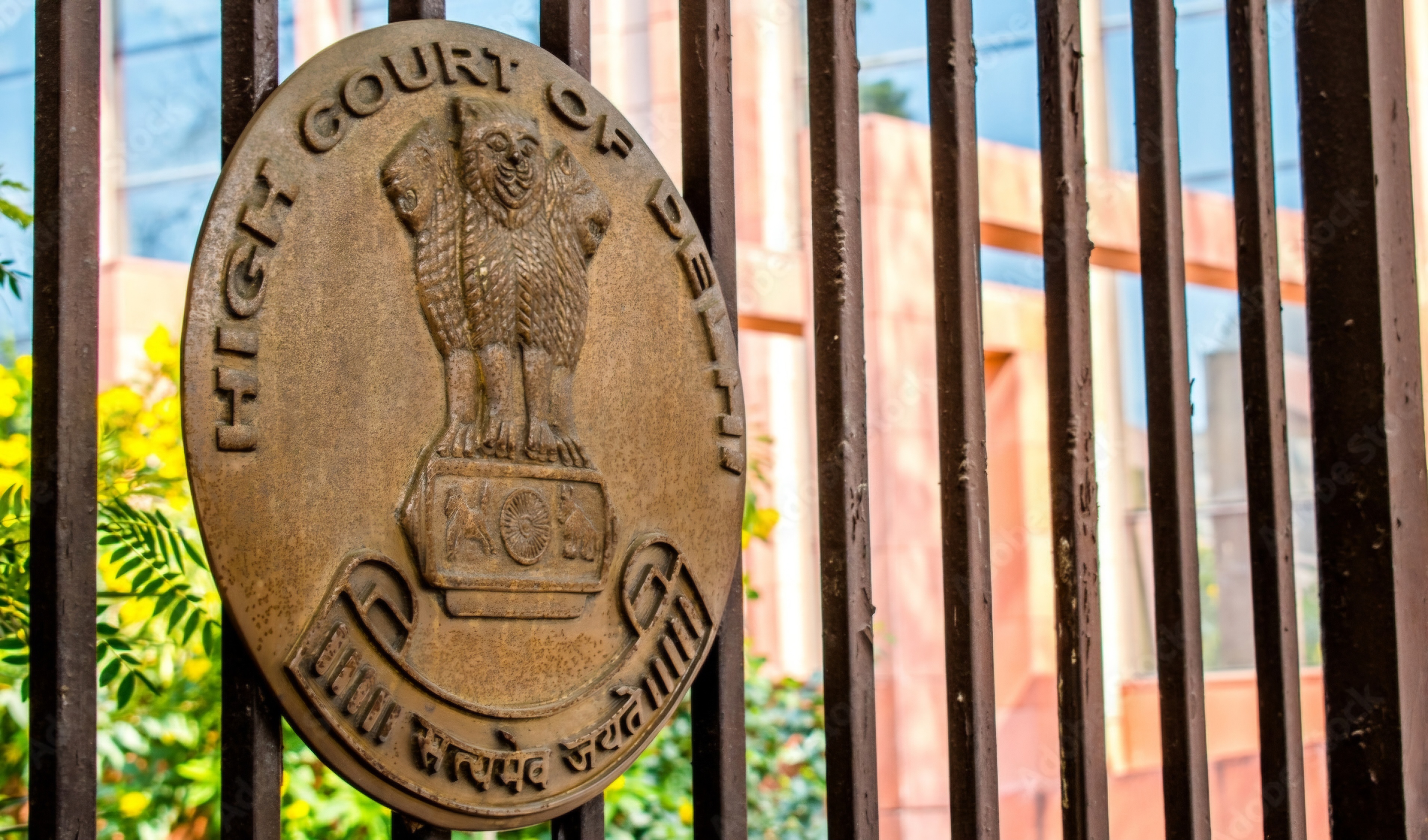


On 23rd September 2024, the Delhi Tall Court conveyed a judgment within the case of Anil Shah vs. Union of India & Anr. (FAO 5/2015), a critical offer beneath the Railroad Claims Tribunal Act, 1987 (RCT Act). The case centered around Anil Shah's claim for recompense taking after a train accident that come about within the removal of his leg.
Case Background
Anil Shah recorded an application looking for ₹4,00,000 in stipend for wounds supported whereas traveling on the Farakka Express on 31st May 2010. He affirmed that due to packing, he fell from the prepare at Dumraon Station, driving to the misfortune of his cleared out leg underneath the knee. The Railroad Claims Tribunal expelled his beginning claim, provoking him to record this offer.
Respondent's Defense
The Union of India challenged Shah’s claim, arguing that there was no evidence to prove he was a bonafide passenger on the train. The respondents pointed out the lack of a recovered ticket and highlighted that no police or railway records indicated any incident of such an accident at Dumraon Station on the specified date.
Court’s Ruling
The Delhi High Court upheld the Tribunal’s decision, noting several inconsistencies in Shah's story. The Court found that Shah failed to provide sufficient evidence, such as a valid ticket or corroboration from co-passengers or railway officials. Additionally, a certificate purportedly issued by the station master of Buxar lacked credibility, as it was not verified and did not even mention the appellant’s name.
The Court concluded that without concrete evidence to support his claims, Shah could not prove that he was involved in an “untoward incident” as defined under the RCT Act, thereby dismissing the appeal.
Click Here to: Download/View Related File
TAGS: Delhi High Court Railway Claims Tribunal Anil Shah compensation claim Farakka Express untoward incident railway accident Union of India passenger rights.